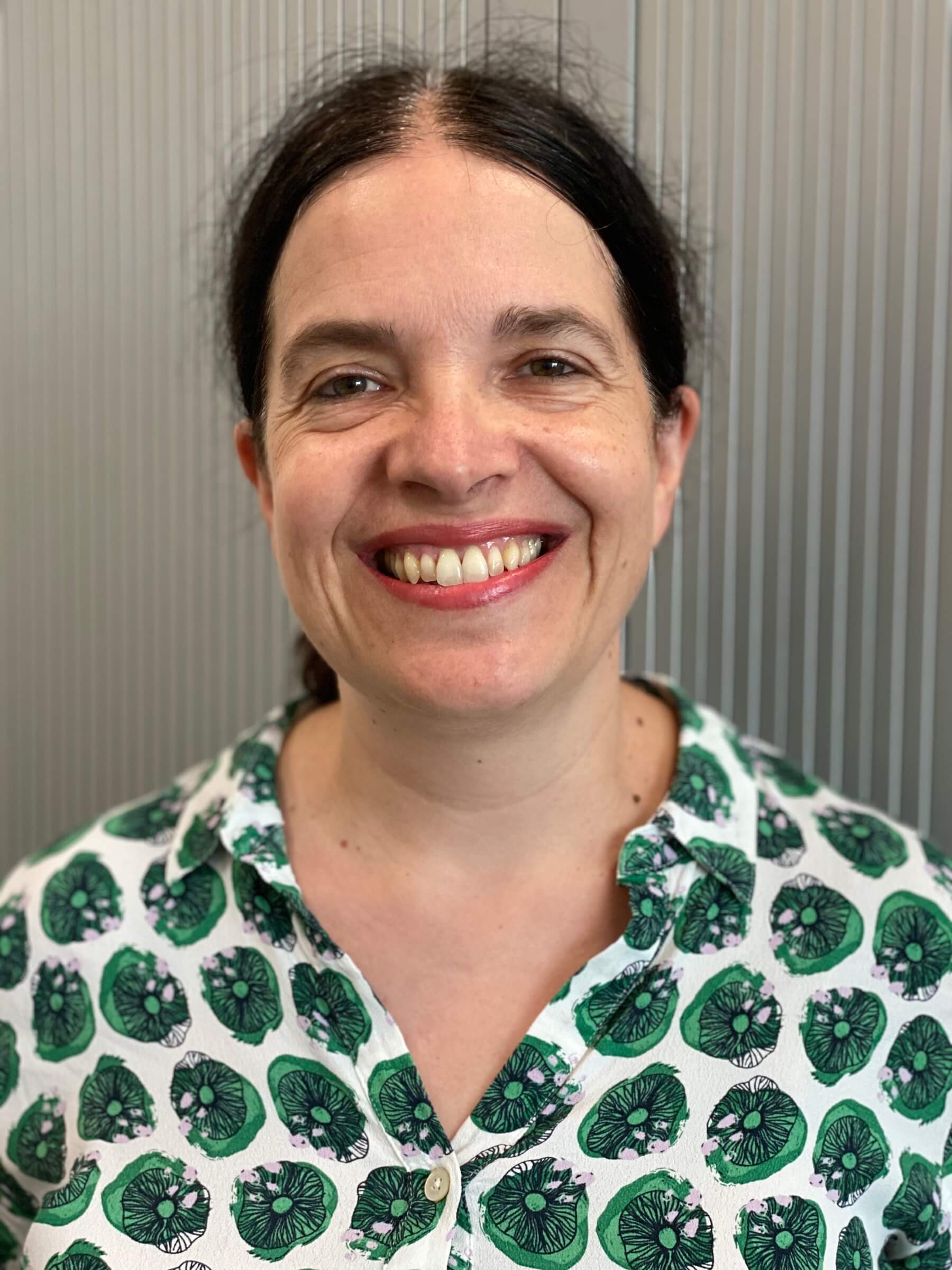Christine Stadelmann(-Nessler), MD, is a Professor of Neuropathology at the University Medical Center Göttingen, Germany, and Director of the Institute of Neuropathology. She received her MD from Vienna Medical School, Austria, and underwent postgraduate training in the labs of Drs. Hans Lassmann and Wolfgang Brück, focusing on neuronal cell death and inflammation in neuroinflammatory and neurodegenerative diseases. She is an expert on the neuropathological differential diagnosis of inflammatory CNS diseases and engages in brain banking activities.
Dr. Stadelmann’s lab investigates the pathophysiology of myelin and neuroaxonal damage in demyelinating diseases combining work on human tissue with in vivo experimental models. Her lab specializes in characterizing the disease mechanisms of progressive multiple sclerosis focusing on the innate immune system, in particular microglial cells. Other research programs address the cellular basis of remyelination. Recently, her lab could demonstrate infection of and damage to the olfactory epithelium in COVID-19 cases.


